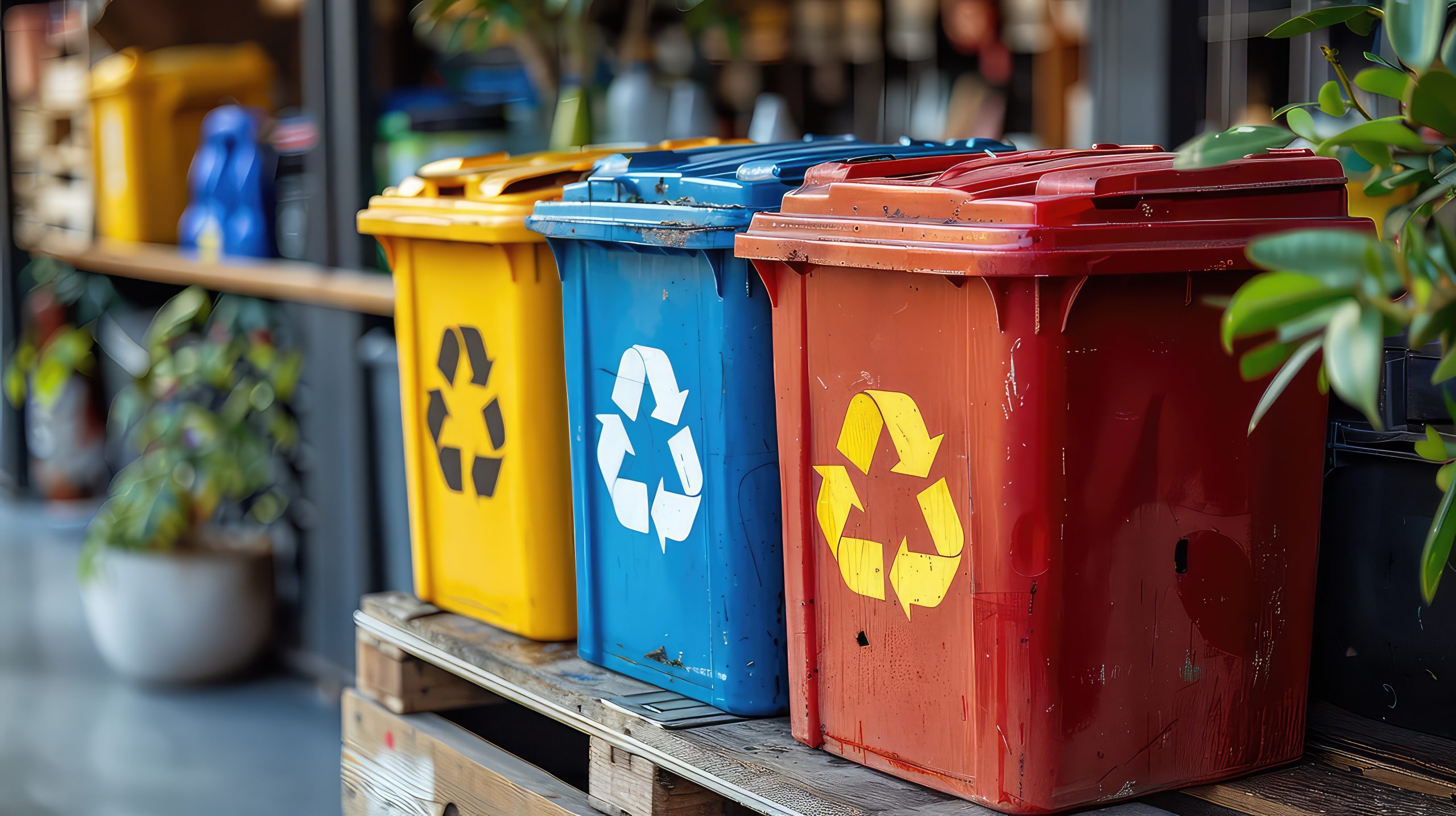
The Institute for the Impact of Faith in Life (IIFL) commissioned a bespoke nationally representative survey which focused on the relationship between faith and environmentalism in the UK. Fieldwork was carried out by Whitestone Insight (a member of the British Polling Council [BPC]) between the 31st May and 2nd June 2024. A total of 2,396 UK adults were surveyed across England, Scotland, Wales, and Northern Ireland. An additional booster set of 25 Muslims and 185 Hindus was included.
Any conclusions drawn from the results should not be extrapolated out to the wider population, but should simply be used as an indication of where certain groups and respondents stand on the issues on which we polled.
It should especially be noted that the samples of Jews, Sikhs and Buddhists were so small (15, 2, and 20 respectively) that the results from these faith groups in particular are not and should not be assumed to indicate any significant correlation between the answers given and the faith to which the respondents belong.
These are the key findings:
Exclusivist: Respondents who agreed with the statement “I believe my faith to be the only one true religion.”